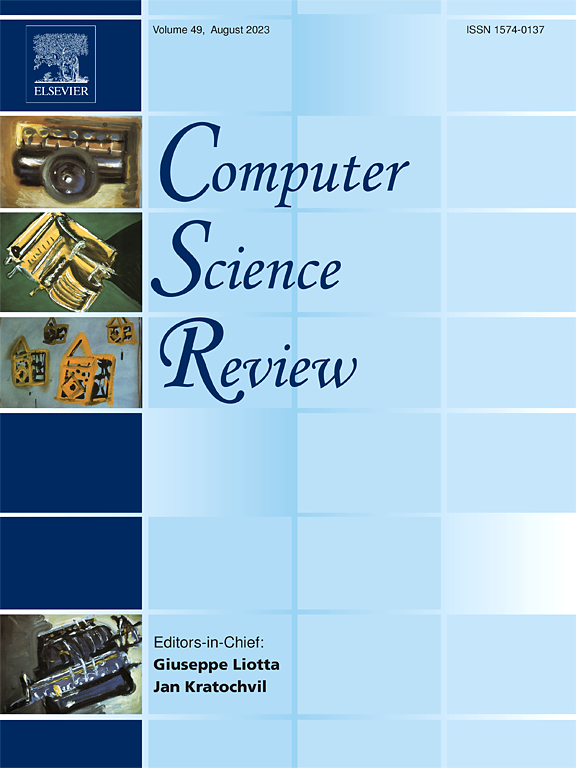A survey on decentralized identity management systems
IF 12.7
1区 计算机科学
Q1 COMPUTER SCIENCE, INFORMATION SYSTEMS
引用次数: 0
Abstract
Digital identity is a crucial tool in the field such as healthcare, education and government. It serves as the foundation for establishing presence in cyberspace. With the increasing demands for security, control and portability, digital identity has evolved through four stages: centralized, federated, user-centric and self-sovereign identity. Among these, the decentralized identity represents the self-sovereign identity stage, emphasizing the idea of the user fully control over the user’s identity. Blockchain, as the key technology enabling decentralization, provides robust support for the decentralized identity through its transparent, distributed and immutable characteristics. We investigate the blockchain-based Decentralized Identity Management Systems (DIDMS), analyzing their advantages over the previous systems in terms of the enhanced control, privacy, and security. We propose a four-phase architecture for the DIDMS, detailing how the users can achieve self-management through the DIDMS without relying on the centralized entities. Furthermore, this investigation compares the various solutions with the core practical properties, explores the relationships between these features, and summarizes the evaluation criteria for the DIDMS. Additionally, the work evaluates both classical and cutting-edge DIDMS solutions and discusses the challenges faced by the DIDMS, along with potential solutions, providing direction for future research and practice.
关于分散身份管理系统的调查
数字身份是医疗、教育和政府等领域的重要工具。它是建立网络空间存在的基础。随着对安全性、可控制性和可移植性的需求不断增加,数字身份经历了四个阶段的发展:集中式、联合式、以用户为中心和自我主权身份。其中,去中心化身份代表了自我主权身份阶段,强调用户对用户身份的完全控制。区块链作为实现去中心化的关键技术,通过其透明、分布式、不可变的特性,为去中心化身份提供了强大的支持。我们研究了基于区块链的去中心化身份管理系统(DIDMS),分析了它们在增强控制、隐私和安全性方面相对于以前系统的优势。我们提出了一个四阶段的DIDMS架构,详细说明了用户如何通过DIDMS实现自我管理,而不依赖于集中的实体。此外,本研究还将各种解决方案与核心实用属性进行了比较,探讨了这些特征之间的关系,并总结了DIDMS的评价标准。此外,本文还评估了经典和前沿的DIDMS解决方案,并讨论了DIDMS面临的挑战,以及潜在的解决方案,为未来的研究和实践提供了方向。
本文章由计算机程序翻译,如有差异,请以英文原文为准。
求助全文
约1分钟内获得全文
求助全文
来源期刊

Computer Science Review
Computer Science-General Computer Science
CiteScore
32.70
自引率
0.00%
发文量
26
审稿时长
51 days
期刊介绍:
Computer Science Review, a publication dedicated to research surveys and expository overviews of open problems in computer science, targets a broad audience within the field seeking comprehensive insights into the latest developments. The journal welcomes articles from various fields as long as their content impacts the advancement of computer science. In particular, articles that review the application of well-known Computer Science methods to other areas are in scope only if these articles advance the fundamental understanding of those methods.
 求助内容:
求助内容: 应助结果提醒方式:
应助结果提醒方式:


